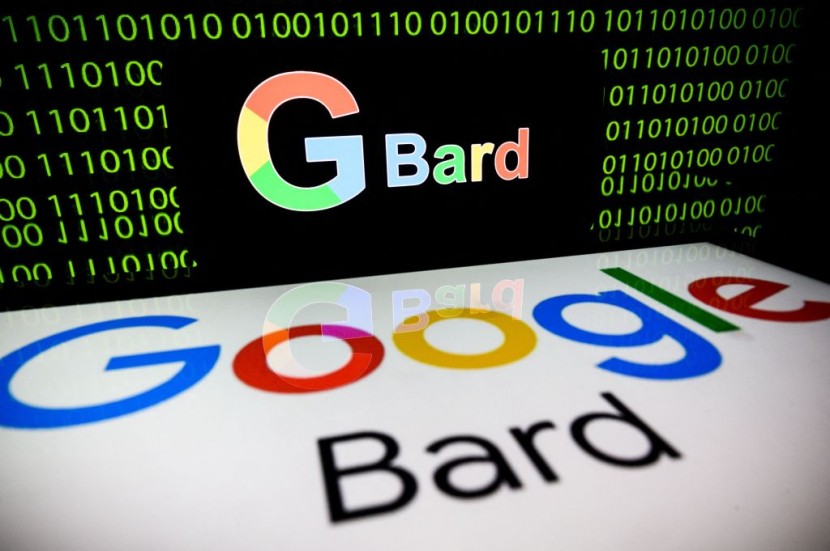Google DeepMind CEO and co-founder Demis Hassabis introduced Gemini as a multimodal iteration capable of understanding and combining different types of communicative data, including text, code, audio, image, and video.

Gemini comes in three versions; Ultra, Pro, and Nano. The Ultra model has capabilities that it is said to surpass humans in language understanding and demonstration of things like coding languages.
The multimodality concerning its ability to communicate, manipulate, and create from different types of data is what experts say sets it apart.
It is this capacity that allows Gemini the flexibility and efficiency to work on a micro or macro scale, from data analytics to mobile devices, it can extract data insights across enormous datasets with great precision. Gemini reportedly has undergone assessment for bias that may have inadvertently been programmed in by its creators.
What Is Gemini?
Gemini 1.0, Google's answer to OpenAI's ChatGPT, is releasing various products that will feature this new technology. Bard chatbot is the first, with plans to integrate it into Search, Ads, Chrome, and Duet AI. But the Bard upgrade will not be released in Europe just yet as it has yet to clear regulations.
Developers and customers alike will be able to access Gemini Pro by way of Gemini API in Google AI Studio, or Google Cloud Vertex AI. Developers who specialize in Android will be able to build with Gemini Nano in AiCore, a new system that is compatible with Android 14.
Last year, HNGN reported that Gemini AI, which was initially supposed to launch in the 4th quarter of 2023, would be postponed due to language issues involving its inability to respond to non-English queries. Some may consider this the harbinger of the type of biases critics often draw attention to when referring to AI.
The issue prompted CEO Sundar Pichai to delay the live release of the artificial intelligence model.
Google said in May 2023 that once the model is fine-tuned and rigorously tested for safety, it would be available in various sizes and capabilities.








